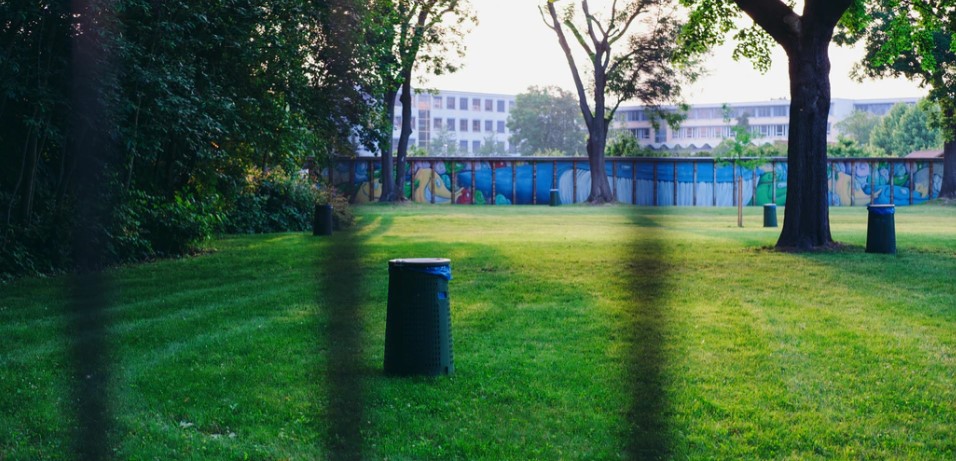“Every fourth woman has experienced sexual harassment and every fifth has been persecuted, insulted and threatened,” said Maike Röttger, the managing director of the Plan International (PI) children’s aid organisation, who is responsible for the survey.
From January to March, 970 women took part in the survey and provided information on their experiences in public spaces in Hamburg, Berlin, Cologne and Munich. According to this, 54 percent of the survey participants felt the most unsafe when they were on the road. Waiting or using public transport also cause fear (19 percent) and staying in the park (18 percent). Such fears are more intense at night.
The main reason for this is said to be scary people, especially people who have used drugs or alcohol in public. This is reinforced by poorly lit places in cities. The negative experiences of the respondents included sexual advances in the park while jogging or direct immoral, intrusive contact.
As a solution, Plan International proposed not only urban development measures to reduce scary places but also a change in role models. “Because sexual harassment, discrimination and violence are social phenomena that are often the result of the outdated notion that girls and women are less worth and the ‘weaker sex’.”
This often suggests to men that they have the right to harass girls and women, to shout out after them or to insult them, the organisation concluded from the answers. But PI did not bother to name the perpetrators of this scourge.
In a similar survey at the beginning of 2017, a third of German women said they felt more insecure than two years earlier. At that time, 34 percent felt a decrease in the sense of security in public spaces.













No comments.
By submitting a comment you grant Free West Media a perpetual license to reproduce your words and name/web site in attribution. Inappropriate and irrelevant comments will be removed at an admin’s discretion. Your email is used for verification purposes only, it will never be shared.